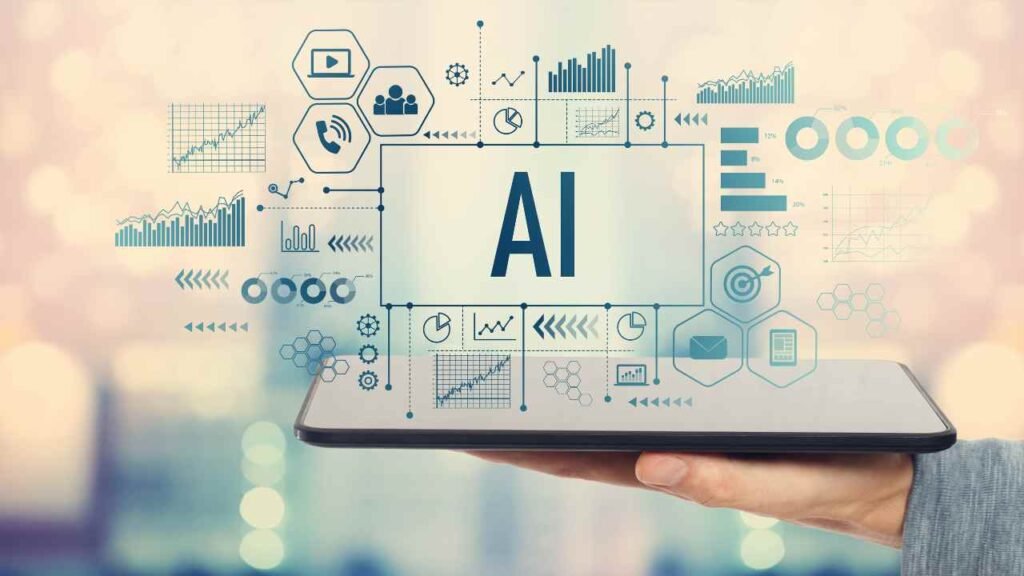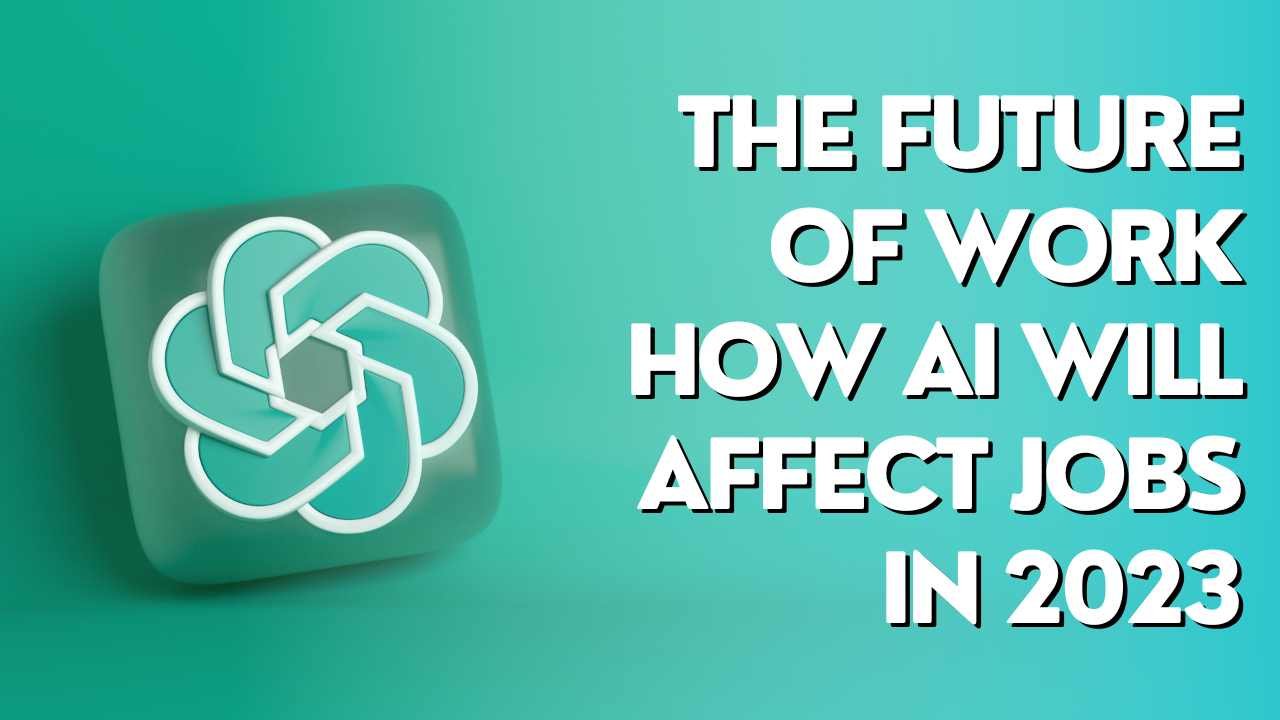Introduction
The world of work is rapidly evolving, with technological advancements playing a pivotal role in shaping the job market. In 2023, the integration of Artificial Intelligence into various industries is poised to have a profound impact on the nature of employment. In this comprehensive article, we will explore how Artificial Intelligence is set to affect jobs in 2023, covering various facets of this transformative journey. From automation and job displacement to new opportunities and skill requirements, we will dissect the future of work in the age of Artificial Intelligence.
Thank you for reading this post, don't forget to subscribe!The Current State of Artificial Intelligence in the Workforce
To understand the future, we must first grasp the present. In 2023, AI has already established a substantial presence in the workforce. It is utilized for tasks ranging from data analysis and customer service chatbots to autonomous vehicles and predictive maintenance in manufacturing plants. This indicates a growing reliance on AI-driven systems and the gradual integration of automation into various sectors.

The Impact on Traditional Jobs
Automation and Job Displacement
One of the primary concerns associated with AI in the workplace is automation’s potential to displace certain job roles. Routine, repetitive tasks are increasingly being taken over by machines, leading to job redundancy in some industries. However, it’s crucial to note that while certain jobs may be replaced, new opportunities are also emerging.
Upskilling and Reskilling
To thrive in the AI-centric job market of 2023, individuals must be prepared to adapt. Upskilling and reskilling will become essential for staying competitive. Employees who can work alongside AI systems or manage them effectively will be in high demand. This highlights the need for continuous learning and skill development.
The Emergence of New Job Roles
AI Ethicists and Compliance Officers
As AI becomes more integrated into business operations, the need for ethical oversight and compliance is paramount. AI ethicists and compliance officers will play a pivotal role in ensuring that AI systems are used responsibly and ethically.
AI Trainers and Explainability Experts
AI trainers will be responsible for teaching AI models and algorithms, while explainability experts will focus on making AI decisions more transparent and understandable to non-technical stakeholders. These roles bridge the gap between technology and the human workforce.
Data Privacy and Cybersecurity Specialists
As AI systems handle vast amounts of data, the demand for experts in data privacy and cybersecurity will surge. Protecting sensitive information and ensuring the security of AI-driven systems will be a top priority for organizations.
The Role of Government and Regulation
Establishing Ethical AI Guidelines
Governments around the world are recognizing the need for ethical guidelines in AI development and deployment. Regulations will be put in place to ensure that AI is used responsibly, safeguarding both jobs and society as a whole.
Job Transition Support
To mitigate the impact of AI on traditional jobs, governments may implement programs to support job transitions. This can include financial assistance for retraining and upskilling programs.
FAQs
Q: How will AI affect job security in 2023?
A: AI may lead to job displacement in certain sectors, but it will also create new job opportunities. Job security will depend on one’s ability to adapt and acquire relevant skills.
Q: Are there industries that will be immune to AI disruption?
A: While AI will impact most industries to some extent, those heavily reliant on creativity, complex decision-making, and interpersonal skills may be less susceptible to automation.
Q: What can individuals do to prepare for AI’s impact on jobs?
A: To prepare for AI’s impact, individuals should invest in continuous learning, develop adaptable skills, and stay informed about industry trends and AI advancements.
Q: How can businesses ensure responsible AI usage?
A: Businesses should prioritize ethical AI development, establish clear guidelines, and invest in AI ethics training and compliance measures.
Q: Will AI lead to job loss or job transformation?
A: AI will likely lead to both job loss and job transformation. Some roles may be automated, while new positions related to AI will emerge.
Q: What role will education play in the future of work with AI?
A: Education will be vital for upskilling and reskilling the workforce. Lifelong learning and adaptability will be essential for staying relevant in an AI-driven job market.
Conclusion
The future of work in 2023 will undoubtedly be influenced by AI in various ways. While there are concerns about job displacement, there are also promising opportunities for those who embrace AI and adapt to the changing landscape. Governments, businesses, and individuals all have roles to play in shaping a future where AI and human workers can coexist harmoniously. The key lies in responsible AI development, continuous learning, and a commitment to ethical practices.
In conclusion, the impact of AI on jobs in 2023 will be profound, but with the right strategies and a proactive approach, both the workforce and society as a whole can thrive in this new era of work.
Read More – ProMind.AI -A Powerful Tool to Improve Productivity and Efficiency



